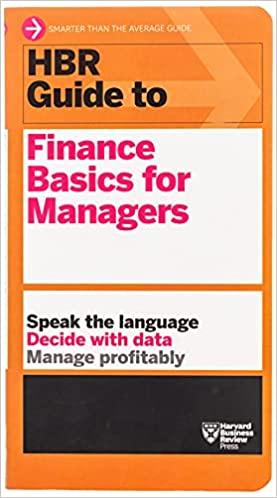Answered step by step
Verified Expert Solution
Question
1 Approved Answer
RENT - OR - BUY ANALYSIS FOR HOUSING COST OF RENTING Security deposit Annual rental cost Renter's insurance Opportunity cost on security deposit Total Annual
RENTORBUY ANALYSIS FOR HOUSING
COST OF RENTING
Security deposit
Annual rental cost
Renter's insurance
Opportunity cost on security deposit
Total Annual Cost of Renting:
RENTORBUY ANALYSIS FOR HOUSING
COST OF BUYING
Amount
Monthly mortgage payment
Annual mortgage payments
Property taxes
Homeowner's insurance
Maintenance expenses
Opportunity cost of down payment and closing costs
Total costs
Less
Reduction of loan principal
Tax savings on mortgage interest deduction
Tax saving on property tax deduction
Total deductions
Annual aftertax cost of homeownership
Estimated annual appreciation in home value
Total Annual Cost of Purchasing:
Which is better: to rent or to buy?
The decision of whether to rent or buy housing is a personal decision that is based on both your lifestyle and your finances. While most financial experts argue that the financial aspect of the decision is important, it is also important not to base your rentorbuy decision solely on the numbers. Your personal needs and housing market conditions are important.
However, it is still necessary to perform the financial analysis.
Neha and her husband are trying to decide whether to rent or to purchase a new condominium. After looking for several months, they've narrowed their choice down to one particular unit, and the builder is willing to lease or selldepending upon the preference of the buyer.
To perform a rentorbuy analysis, Neha and her husband have collected the following information:
If they rent, the builder will require monthly rental payments of $ and a security deposit equal to two months of rent.
Since they want to be protected against the possible loss of their possessions, they will purchase a renters' policy of $ every six months, while a more comprehensive homeowners' policy will cost of the home's value per year.
Money used to fund the unit's security deposit could otherwise be invested to earn per year after taxes. Funds expended for a home's down payment and closing costs also incur an opportunity cost.
If the unit is purchased, it will cost $ and will require a down payment. The loan will carry an interest rate of a term of years, and monthly payments of $ The closing costs associated with the unit's mortgage will be $
The property taxes and the maintenance and repair expenses on the unit are estimated to be and of the unit's total price, respectively.
Your ordinary income is taxed at the rate of and you'll be willing to itemize your tax deductions in the event that you purchase your new home.
Financial publications report that home values are expected to increase by this year due to inflation.

Step by Step Solution
There are 3 Steps involved in it
Step: 1

Get Instant Access to Expert-Tailored Solutions
See step-by-step solutions with expert insights and AI powered tools for academic success
Step: 2

Step: 3

Ace Your Homework with AI
Get the answers you need in no time with our AI-driven, step-by-step assistance
Get Started


